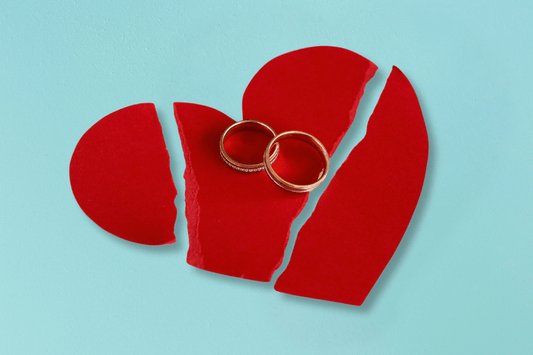Linda Asks...

Hi Linda,
Thanks for your question – it’s a great one and a common complaint with menopause. My first suggestion is to make your you’re up to date with your medical visits and your doctor has ruled out any problems with your micronutrients, especially iron or B12 status.
Also, make sure your thyroid is working properly. Micronutrient deficiencies and underactive thyroid all share the common symptom of leaving you feeling tired and drained.
Assuming everything is working as it should, you’re absolutely correct that a healthy diet can help. Regular exercise (at least 150 minutes of cardio plus 2 days of strength training each week) also helps, as does sleep. Many women don’t sleep well – or their sleep is very disrupted throughout the menopause transition. A few tips:
- For your diet, try bumping up your protein by including foods like eggs, Greek yogurt, lean meats (beef or pork tenderloin, skinless chicken), lots of fish, organic tofu or tempeh, legumes, etc. with every meal and snack. Most women need about 20-30 grams of protein with each meal. It helps to maintain muscle and keeps you fuller and more energized for longer.
- If you eat lots of refined carbs, (anything made with white flour or rice), cut back on those. Carbs can give you a sugar boost which makes you feel better in the short term, but they spike your blood sugar and leave you feeling tired an hour or two later. You can swap them out with small portions of whole grains like oats for breakfast, or a ½ cup of quinoa, barley, or sorghum at lunch and dinner.

Those are slow carbs which take longer to digest so they give you longer lasting energy. Other good slow carbs are sweet potatoes, legumes, and winter squash.
- Make sure you’re eating a good cup or more serving of vegetables and fruit with each meal and snack. They provide longer lasting energy too with a lower calorie cost.
- If you’re a meal skipper, try to get into the habit of eating every few hours to balance your blood sugar and hunger hormones.

- Try getting to bed about 30 minutes earlier, and make sure you turn off all electronic/blue light devices. They can mess with your melatonin and prevent you from falling asleep and sleeping deeply.





